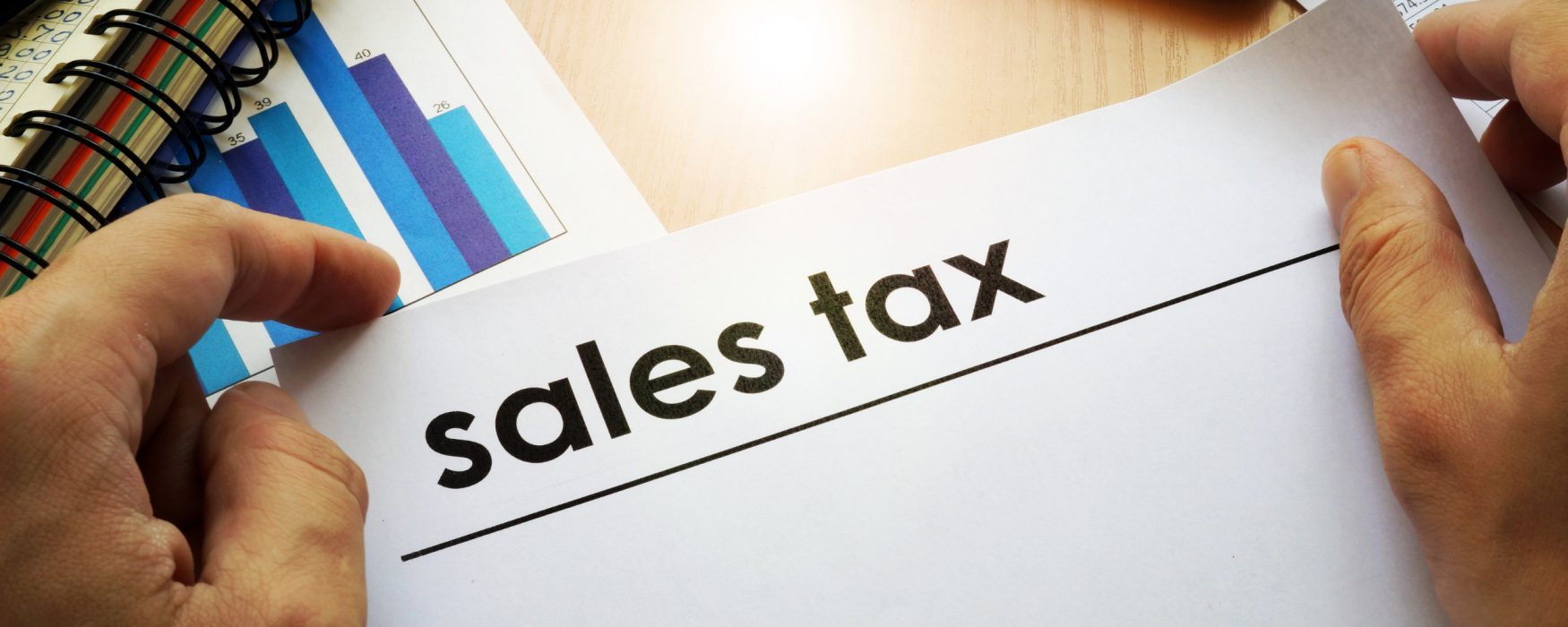
Article courtesy MIRS News for SBAM’s Lansing Watchdog e-newsletter
Michigan’s aggregate industry would be exempt from the state’s sales and use tax while purchasing processing machinery and equipment under legislation approved in the Senate 33-4 – a vote close to finalizing a trade-off Democrats offered Republicans to secure nearly $800 million for the Ford Motor Company’s planned Marshall battery plant.
Thursday, the Senate backed both HB 4054 by Rep. Greg VanWoerkom (R-Norton Shores) and SB 97 by Sen. Joseph Bellino Jr. (R-Monroe) with Sens. Rosemary Bayer (D-Keego Harbor), John Cherry (D-Flint), Erika Geiss (D-Taylor) and Jeff Irwin (D-Ann Arbor) opposing each bill.
The two-bill package was one of three proposals the legislature’s Democratic leadership agreed to let pass in exchange for ensuring enough votes were lined up for the immediate passage of HB 4016, a supplemental spending bill worth $1.338 billion.
Now P.A. 5 of 2023, the spending item dedicated $629.7 million to preparing Marshall, a Calhoun County community with fewer than 7,100 residents, for Ford’s incoming next-generation battery park through an economic development program led by the Michigan Department of Transportation and the state’s Department of Labor and Economic Opportunity.
Another $170.3 million was placed into Michigan’s Strategic Outreach and Attraction Reserve Fund, the state-funded corporate incentive fund, to smooth out Ford’s transition into the community.
The Democratic leadership agreed to move:
– Legislation terminating the state’s sales and use tax on delivery and installation services, which is a charge occurring when the services are placed on the same bill as taxable goods. HB 4039 and HB 4253 were submitted to the governor’s desk on March 21.
– Legislation granting the legislature’s top Republican leaders the authority to participate in the appointment process for the Michigan Strategic Fund Board, the panel responsible for approving state-funded business incentives. HB 4219 by House Minority Leader Matt Hall (R-Kalamazoo) was approved by the Senate 29-9 on Wednesday.
The remaining piece of the deal was legislation to clearly streamline tax exemptions for aggregate purchases, such as for loaders, feeders, crushers, conveyors, generators, generator control equipment and similar industrial processing items.
Although Michigan does have a “Certificate of Exemption” process for those purchasing machinery or equipment for non-personal use, some have argued the statute is too selective through a described haziness, leaving members of the industry behind.
For example, the House Tax Policy committee reviewed testimony last month surrounding how recent audits “have called into question whether the equipment used in (aggregate) production qualifies for the full industry processing exemption depending on where the end product is used.”
VanWoerkom, a bill sponsor and the minority vice chair of the House Tax Policy Committee, said he was pleased to see “the plan in motion and relief in sight for Michigan businesses.”
“The existing tax laws have created an unfair environment, and our plan will ensure that businesses can’t be targeted using vague laws and interpretations. Our solutions make the tax code crystal clear on this issue so the state can no longer inhibit the success of Michigan’s industrial processing businesses,” VanWoerkom said in a comment delivered to MIRS.
Hall initially criticized Senate Democrats and Senate Majority Leader Winnie Brinks (D-Grand Rapids) for not approving all of the bargain bills before leaving for a two-week spring recess on March 23.
MIRS additionally learned some members of the Senate Democratic Caucus apparently objected to approving legislation sponsored by Rep. Jamie Thompson (R-Brownstown), who introduced the House version of SB 97, due to her polarizing role as a Republican in Downriver politics.
Thursday, HB 4054 and SB 97 were passed in the Senate with a substitute clarifying that the state’s School Aid Fund would be unaffected under the legislation, which is calculated to cost roughly $1 million from Michigan’s tax revenue.
The Michigan Aggregates Association (MAA) commemorated Thursday’s passages, and published that the exemptions will cover “equipment used for the production, manufacturing, or recycling of aggregate, where the aggregate will be used as an ingredient or component for the construction, maintenance, repair, or reconstruction of property.”
According to the MAA, the aggregate industry directly employs more than 8,000 individuals throughout the state, with 80% of aggregate plants reportedly operating with 20 or fewer employees.